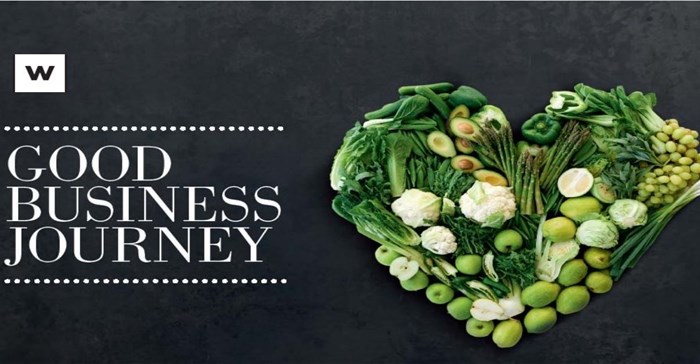Top stories






More news

























HR & Management

The GBJ focuses on improving eight key areas of the business: energy, water, waste, sustainable farming, ethical sourcing, transformation, social development and health and wellness, with over 200 targets supporting this. The GBJ has also realised R567m in cost savings made through sustainability interventions in the company and its supply chain to date.
For the first time, the group’s GBJ 2020 targets will incorporate the WHL international businesses, including the rest of its African operations, David Jones and Country Road Group, extending the knowledge and experiences gained in South Africa across borders. In Australia, WHL will be introducing formal sustainability scorecards for David Jones and Country Road Group towards the last quarter of the 2016 calendar year, aligning the GBJ programme across all its Southern Hemisphere operations.
The WHL Group GBJ 2020 commitments are a progression of its earlier journey and include:
“Sustainability is at the core of our business and we are very proud of the new targets we’re announcing today. Since we launched the Good Business Journey in 2007, we have achieved some remarkable milestones, learnt valuable lessons, and set significant industry benchmarks. Going forward, we also see the opportunity to amplify these positive impacts beyond South Africa through the activation of the GBJ programme at both David Jones and Country Road Group in Australia,” said Ian Moir, CEO of the WHL Group.
The GBJ 2020 scorecard incorporates traceability and the development of responsible sourcing strategies for high risk commodities including palm oil, cocoa, sugar, soy, cotton, leather and viscose. It will also incorporate an improved animal welfare rating system and responses, and make significant progress in eliminating hazardous chemical usage across the clothing supply chain.
WHL recently published its GBJ 2015 Report, demonstrating significant progress across the eight key areas. WHL achieved 87% on its targets for the financial year, and met or exceeded targets in 164 of 200 indicators over the period 2012-2015.
1. R2.4bn in value created for South African employees through Woolworths Black Economic Empowerment share scheme.
2. At least one sustainability attribute for 63% of Woolworths Food products and 60% of Woolworths clothing products.
3. Woolworths Holdings Limited was the fastest growing retailer in the world in use of organic cotton and yarn.
4. There has been 41% relative water reduction in Woolworths stores to date.
5. Energy consumption was reduced by 40% in Woolworths’ stores in South Africa since 2004.
6. Country Road Group received a B+ rating in the Australian Fashion Report 2016 and David Jones received a B- and was acknowledged as one of 2016’s most improved companies.
7. Woolworths sold 1.73-million reusable bags in the last year.
8. R3.4bn has been contributed to social development initiatives since 2007. Woolworths’ social development contribution was almost R590m in South Africa last year and AUD$9m (R90m) in Australia through David Jones and Country Road Group.
9. The Country Road Group’s Omni-Fulfilment Centre (OFC) was the first facility in the state of Victoria to receive a ‘5-Star Green Star – Industrial As Built v1’ rating from the Green Building Council of Australia. The facility includes a solar panel installation expected to generate in excess of 20% of the required energy to run the OFC.
10. Over 93% of waste at Woolworths head office and distribution centres was recycled.
“These goals are bold but achievable with the collaboration and commitment of our colleagues, our suppliers and our customers,” concluded Moir.